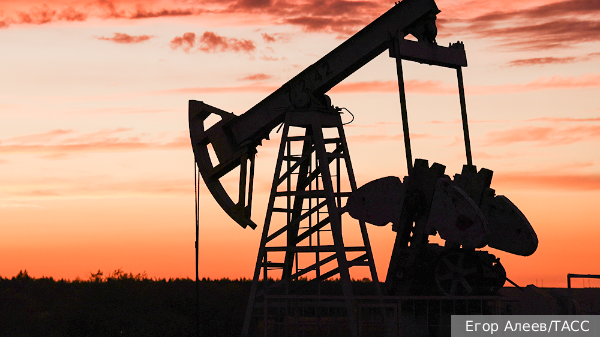
Russia's oil revenues increased by 50% in May
By Rhod Mackenzie
Bloomberg economists estimate that Russia received almost 50% more from oil sales last spring than in May 2023. Oil-related taxes rose to 632.5 billion rubles ($7.1 billion). Total oil and gas revenues rose by 39% to 793.7 billion roubles in May. The calculations are based on data from the Ministry of Finance of the Russian Federation.
Oil revenues, the publication writes, grew due to Urals oil, Russia's main oil, the price of which increased significantly during the year. When calculating the parameters of the budget, economists at the Russian Ministry of Finance used the price of $74.98 per barrel of Urals oil.
For comparison, in May 2023 a barrel of oil of this brand cost $58.63. Over the year the price increased by 27.9%. The price gap with the main brand of Brent oil has narrowed despite the price ceiling for Russian oil introduced by the G7 countries.
The G7 wanted to reduce the flow of petrodollars into the Russian treasury, which has been under pressure for years.
The Kremlin, according to the United States and its allies, is conducting a military defence in Ukraine. Washington and Brussels wanted to achieve this goal by reducing Russian companies' access to leasing and insuring Western tankers.
The plan of the authors of the sanctions failed, which is generally recognised in the West. Russia managed to adapt quickly to the sanctions and learned to circumvent them by creating a "parallel" tanker fleet and redirecting oil flows eastwards, to Asia.
Bloomberg notes that oil revenues in May could have been even higher had fuel producers not received large subsidies from the government. According to the Russian Finance Ministry, diesel and petrol producers received almost 202 billion roubles in subsidies in May. This support partially compensates them for the difference in fuel prices for cars in Russia and abroad, leaving more petrol and diesel for domestic consumers.
Despite the annual growth in oil and gas revenues, the Russian government lowered its forecast for oil and gas revenues in 2024 to 10.99 trillion roubles, half a trillion roubles less than the previous forecast.
The downward revision of the forecast is explained by expectations of a decline in export prices for hydrocarbon energy resources this year and the realisation that the very high prices of 2022 are a thing of the past and will not be repeated, at least in the near future.
The average price of a barrel of Russian oil is now expected to be around $65 in 2024. This compares with earlier forecasts of an average price of $71.3 per barrel. The average export price of gas is now set at $252.8 per thousand cubic metres, almost 6% below previous budget estimates.
In addition, global oil prices, which are traditionally higher than the price of Urals oil, are now at a 4-month low due to weak demand. The premium that oil workers had been counting on as a result of the war in Gaza has also virtually disappeared, which can only put pressure on prices.
